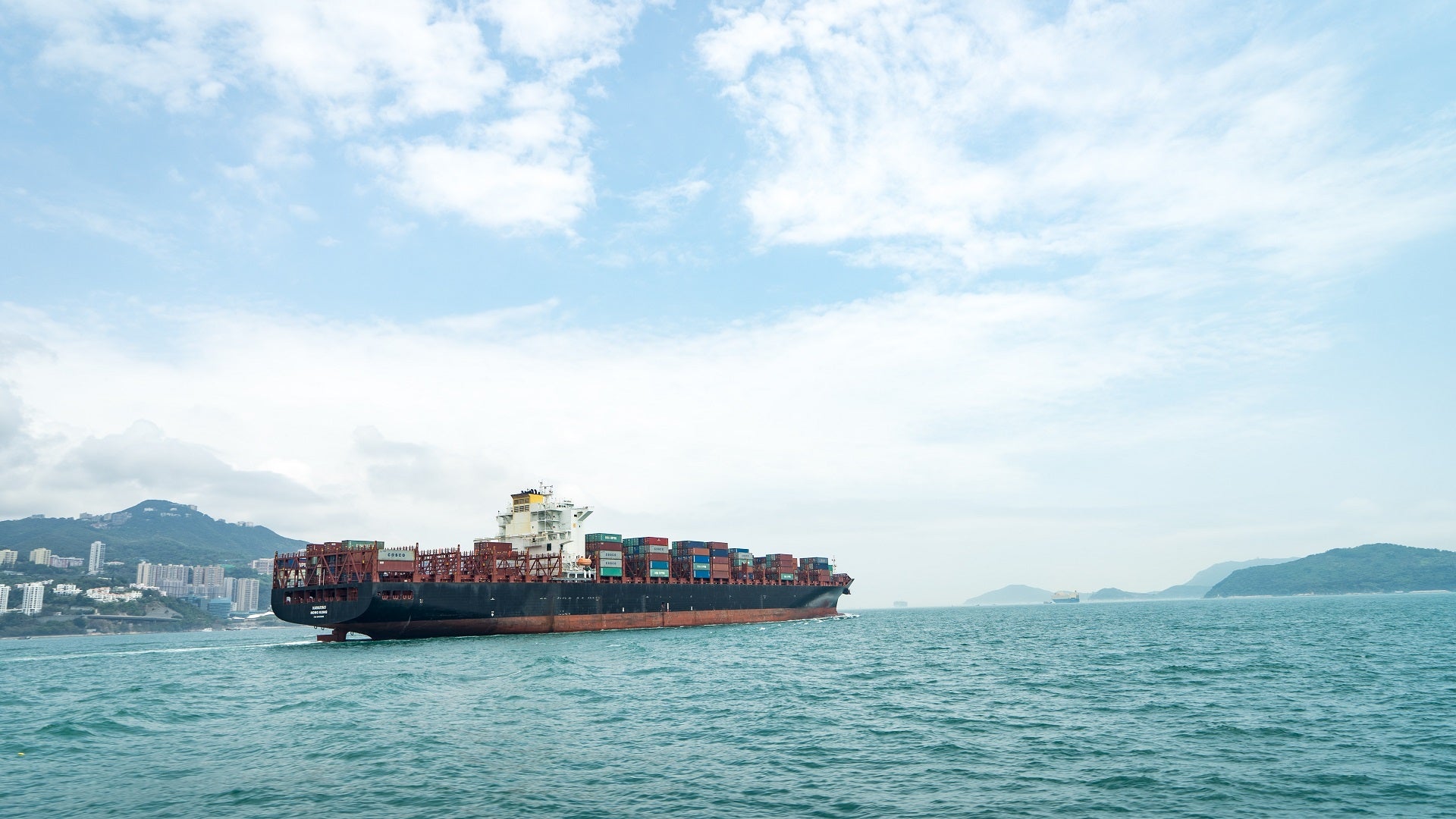
Environmental Defense Fund (EDF) and Mærsk Mc-Kinney Møller Center for Zero Carbon Shipping have signed a partnership agreement to collaborate and form long-term strategies for reducing emissions in the shipping industry.
This partnership will focus on devising an industry transition strategy and a plan to develop a strategic course of action for achieving zero-carbon shipping in 2050.
The parties will design a complete policy framework for accomplishing and exceeding the long-term targets of the industry.
Furthermore, the agreement will cover the assessment of sustainability, lifecycle examination of upcoming fuels and technologies, as well as their potential impacts and limitations.
Mærsk Mc-Kinney Møller Center for Zero Carbon Shipping CEO Bo Cerup-Simonsen said: “Environmental Defense Fund brings more than 50 years of experience and pioneering work for a safer and healthier environment. With deep involvement and insights across sectors, EDF will add a broad societal perspective, which will be of essence in the development of a sustainable transition strategy for the maritime industry.”
EDF global climate vice-president Kelley Kizzier said: “The Center is well placed to support robust policy pathways towards decarbonisation and drive the deployment of zero-emissions vessels. Environmental Defense Fund’s work to reduce shipping’s climate impacts can complement the effort in leading the way towards a sustainable, zero-carbon and competitive shipping sector.”

US Tariffs are shifting - will you react or anticipate?
Don’t let policy changes catch you off guard. Stay proactive with real-time data and expert analysis.
By GlobalDataApart from new legislation, EDF stated that new fuel categories and a systemic transformation within the sector will help in achieving the target of decarbonisation.
Global shipping currently contributes to about 3% of global carbon emissions.
Last month, integrated container logistics firm AP Moller-Maersk announced its plans to launch the world’s first carbon-neutral liner vessel in 2023 to decarbonise marine operations.
The new vessel will be introduced seven years ahead of the initial 2030 plan.



